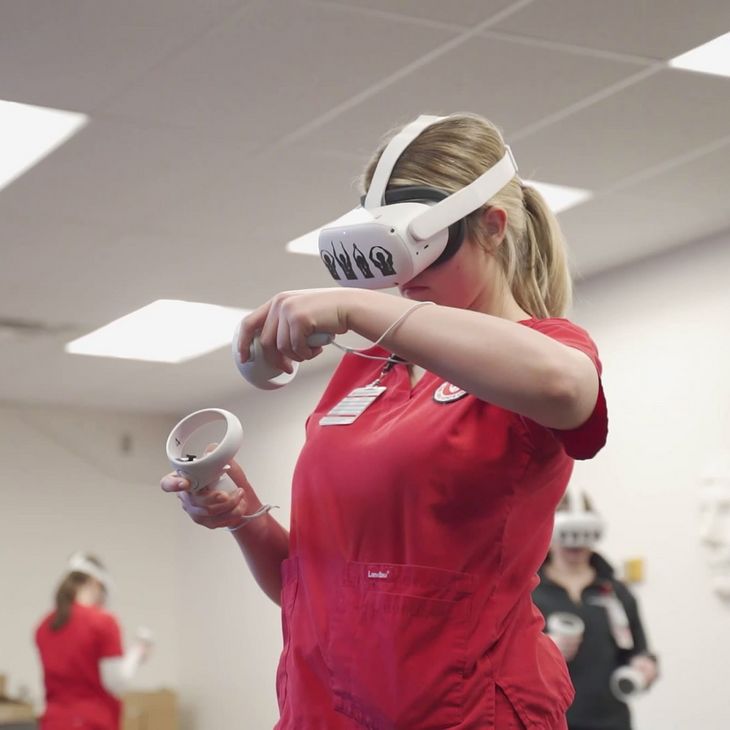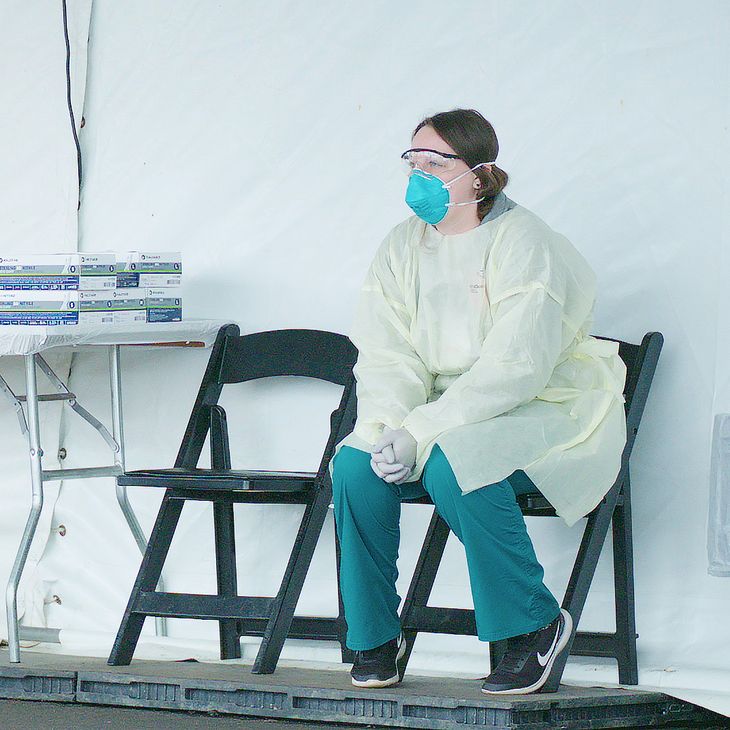Tool aims to address gaps and help incorporate research to improve patient care
A study published this week in the Western Journal of Nursing Research highlights preliminary data for validity of a new tool that helps measure the confidence of nurses in implementation strategies to accelerate the adoption of evidence-based practice in the name of improved patient care and safety.
The study was done by three faculty and staff members from the Helene Fuld Health Trust National Institute for Evidence-based Practice (EBP) in Nursing and Healthcare at The Ohio State University College of Nursing: Sharon Tucker, PhD, APRN-CNS, NC-BC, EBP-C, FNAP, FAAN; Inga Zadvinskis, PhD, RN; and Linda Connor, PhD, RN, CPN. They developed what the study calls the Implementation Self-efficacy for EBP Scale (ISE4EBP) to measure nurses’ confidence in using EBP implementation strategies. As the publication’s abstract states, “Clinicians may use the scale to identify areas for building implementation confidence to accelerate the uptake of evidence to improve patient care.”
The two-phase study used the tool with staff nurses and nurse leaders and tested the validity and reliability of the responses, as well as how the tool measured confidence. The highest mean scores related to working with leadership, education, use of communication strategies such as fliers or visual aids and mentorship. Low scores related to items such as equipment, obtaining human resources, administrative issues and data dashboards/auditing. According to the authors, “As nurse ratings of organizational readiness scores improved, nurses’ self-efficacy for implementation improved, consistent with our expectations based on the conceptual framework linking self-efficacy and work context.”
“This study gives us a new baseline to work from as we work to fast-track the implementation of evidence-based practice within healthcare organizations,” said Tucker, who also serves as both Grayce Sills Endowed Professor in psychiatric-mental health nursing and director of the College of Nursing’s DNP nurse executive track. “Research tells us that it takes upwards of 17 years to translate research into routine practice, often due to stalls in the implementation and change process. We also know that evidence-based practice improves the quality and safety of patient care, enhances population health, saves money and increases job satisfaction for clinicians. Anything we can do to help nurses and other clinicians build confidence in strategies for implementation can cut down the timeframe to incorporate EBP into practice.”
The Fuld team is currently analyzing data from parallel studies (one with more than 500 nurses with similar findings) and planning future work to develop a guide for interpreting scores for high or low self-efficacy, as well as test interventions designed to build confidence in strategies and enable sustainable practice changes and patient outcomes.



